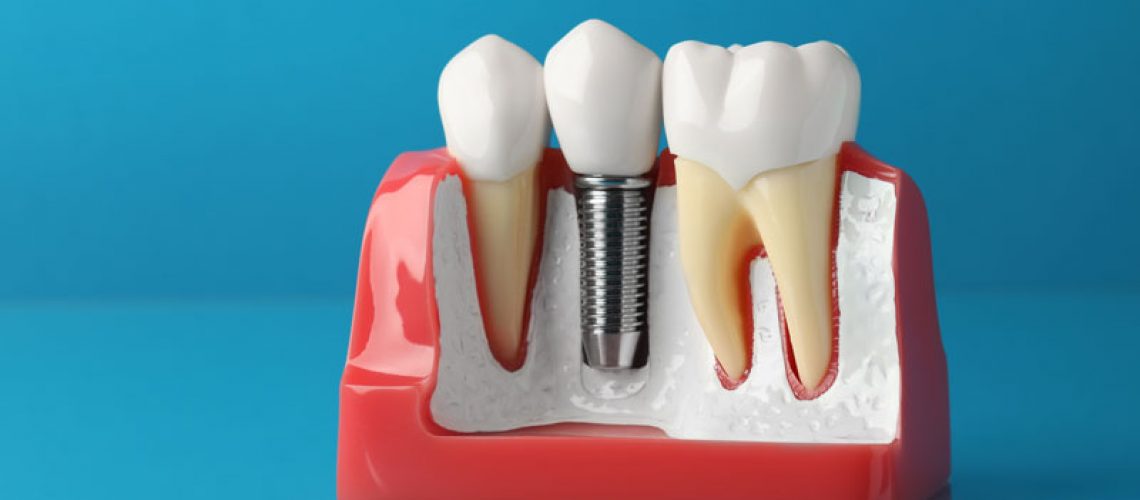When you’re facing the dilemma of a missing tooth, the decision to address it might not always seem urgent. But according to Dr. Sanil Nigalye of Niagara Dental Implant and Oral Surgery, neglecting to replace a missing tooth can lead to significant dental problems down the line. Dr. Nigalye emphasizes that regardless of whether the loss is due to trauma, decay, or gum disease, it’s vital to address the gap left behind.

